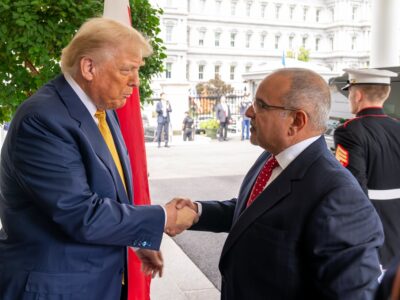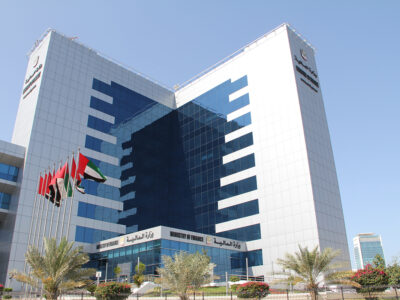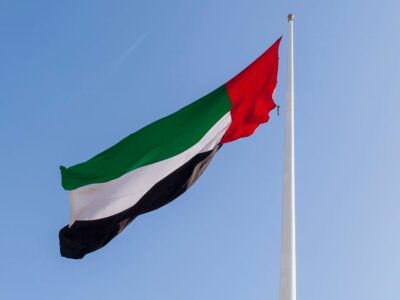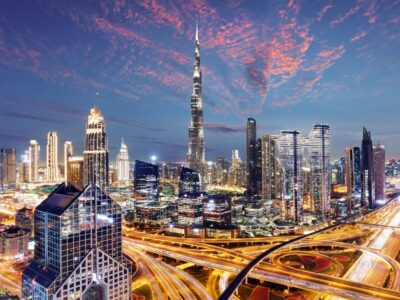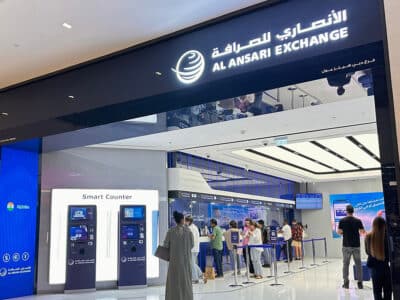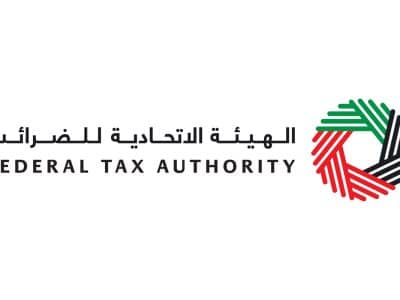As global headwinds gather strength, one nation is steadily securing its economic future through tried-and-tested resilience measures.
The UAE, considered by many a bastion of stability in a relatively volatile region, has carved out an enviable reputation as one of the world’s most business-friendly locations over the past few decades.
But speaking to Arabian Business, experts reveal the UAE’s success stems from careful planning and strategic thinking applied since its founding – not purely good fortune.
Lesson 1: Deliberate diversification away from oil dependence
The country has “carved a niche for itself by zealously pursuing diversification right from the time of the discovery of oil,” said Dr. Ullas Rao of Heriot-Watt University Dubai. The UAE’s founding father, Sheikh Zayed Al Nahyan, realised early on that the country would need to diversify into vital sectors to ensure longer-term economic prosperity.
Through sectoral investments and intensive diplomacy, the UAE has slashed hydrocarbon reliance to just 30 percent of GDP – a striking accomplishment amid global energy transition pressures.
Pillar industries like real estate, tourism and finance have emerged alongside investment in skills development and infrastructure. The result is almost $23 billion in foreign investment drawn into the country in 2022 alone, up from $21 billion in 2021.
“Despite the decline of global FDI inflows by 12 percent in 2022, the UAE attracted record levels of FDI,” said Professor Ajit Karnik of Middlesex University Dubai.
Dubai has also diversified away from natural resources and towards finance, hospitality, medicines which has helped the emirates substantially reduce its dependence on oil, he added.
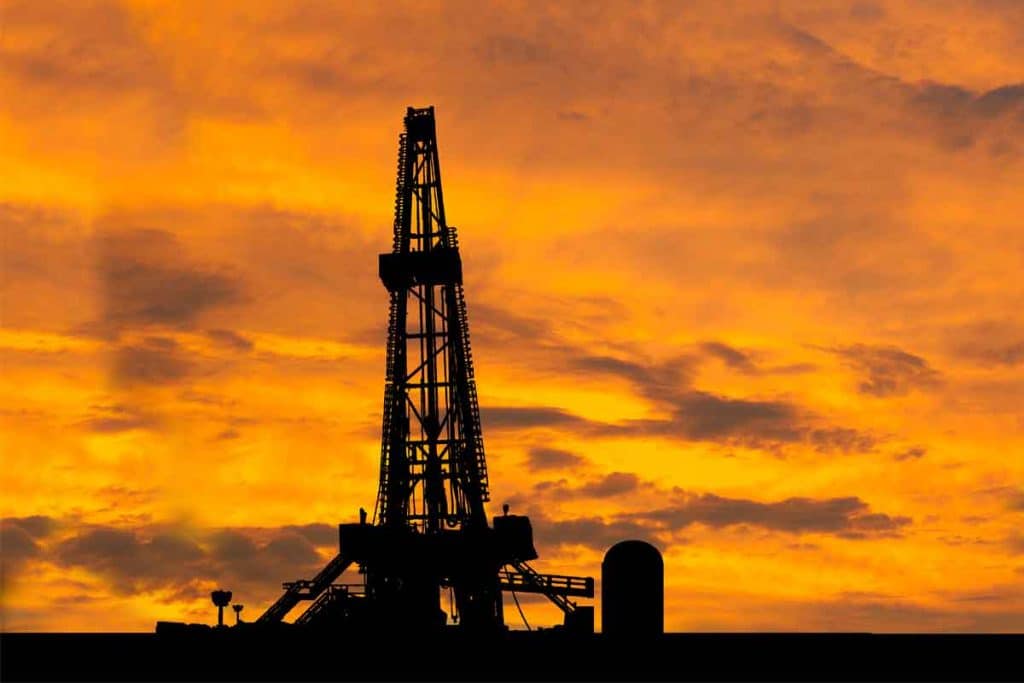
Lesson 2: Investing in infrastructure, skills and business environment
The approach was two-pronged – channelling investment into strategic high-growth industries while also cultivating skills and technology adoption. According to Dr. Rao, “nurturing talent through calibrated investment in higher education and research holds the key in attracting foreign investment.”
Sectors integrated with human capital and innovation show promise, he added.
And with risks rising from conflicts to China’s slowing growth, the lessons from the Emirati model are timely ones for other nations seeking shelter from any economic storm.
The UAE’s journey shows how strategic planning, skills development and attracting foreign investment can build resilience to external volatility, Prof. Karnik explained.
In addition, the Emirates has also provided a business-friendly environment that Dr. Rao believes has been key to its success. Through robust government infrastructure with minimal bureaucracy, the Emirates create an efficient ecosystem for entrepreneurs and investors.
“Capital market reforms supported by an international financial jurisdiction operating on Common Law with tax incentives serve as incentives for ME countries to chart progress on the economic front,” he added.
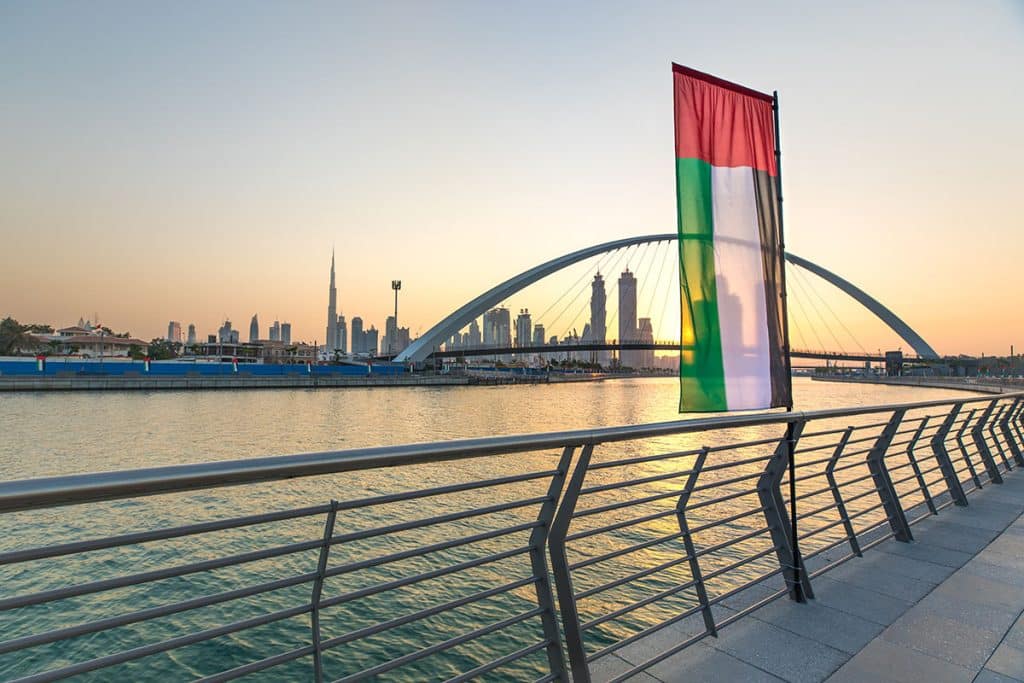
Lesson 3: Leadership in clean energy through initiatives like Masdar City
The UAE is positioning itself as a renewables leader through investments in solar and nuclear energy. But this journey started many years ago with initiatives like Masdar City, a sustainable urban community and smart city in Abu Dhabi which was launched in 2008.
“Masdar in Abu Dhabi has been in the forefront of innovation in solar, wind, energy storage, waste-to-energy, and geothermal energy. Nuclear power is also beginning to make its presence felt,” said Prof. Karnik.
The Gulf country was also the host of this year’s UN climate talks COP28, which saw several historic declarations made pertaining to climate finance, health, loss and damage, renewable energy, food, agriculture, and hydrogen — among many others.
“One of the issues that affects countries in this region is that fossil fuels have come under immense scrutiny and criticism for their impact on the climate,” said Prof. Karnik.
“Pressures to move away from dependency on oil will only continue to grow stronger, especially as the UAE is the host nation of COP28. There will also be pressure to move away from oil powered economic growth towards renewable fuels,” he added.
This will ensure continued long-term growth and that the country meets global climate change objectives under the Paris Agreement.
Around 8 percent of Gulf countries’ GDPs are at risk of physical climate change hazards, a recent S&P report found, emphasising the need for continued investment as well as mitigation, adaptation and resilience efforts.

Lesson 4: Effective diplomacy and political stability
The UAE has carefully crafted its foreign policy over the decades to maintain good relations around the world. “This is unmistakably [the] UAE’s strongest advantage as virtually people from every corner of the world can witness the welcoming culture without any discrimination on any basis,” said Dr. Rao.
“Right from its inception, the UAE has been seen as a diplomatic marvel in having maintained cordial relations with all the major superpowers without taking sides,” he said. This approach of neutral cooperation has paid dividends by insulating the nation from potential geopolitical fallout from conflicts like those in the wider Middle East region.
As Dr. Rao further explained, the UAE’s reputation as an “oasis of geopolitical stability rests on a sound and robust economic infrastructure.” By not antagonising other countries, the country has been able to carry out its economic planning without undue outside influence. This stability has been vital for attracting foreign investment. For other nations seeking to develop their economies, the UAE model shows the value of diplomacy in reducing risks from international turbulence.
“The USA has always been a close ally, but the UAE has good relations with China, India and other members of BRICS as well. Much of this is true for the wider GCC area as well,” said Prof. Karnik.
“Continuing to build these relations will help largely mitigate these geopolitical risks. By keeping the geopolitical shocks at bay, the UAE can continue on its path of economic development.”
With volatility now the new normal globally, the prudence of the UAE’s long-term, dual focus on economic diversification and partnership-based diplomacy is clearer than ever.
Whether from conflict, climate change or trade disruptions, those who learn from the Emirates’ nimble, resilience-based approach may find opportunities where others see only threats to growth.

